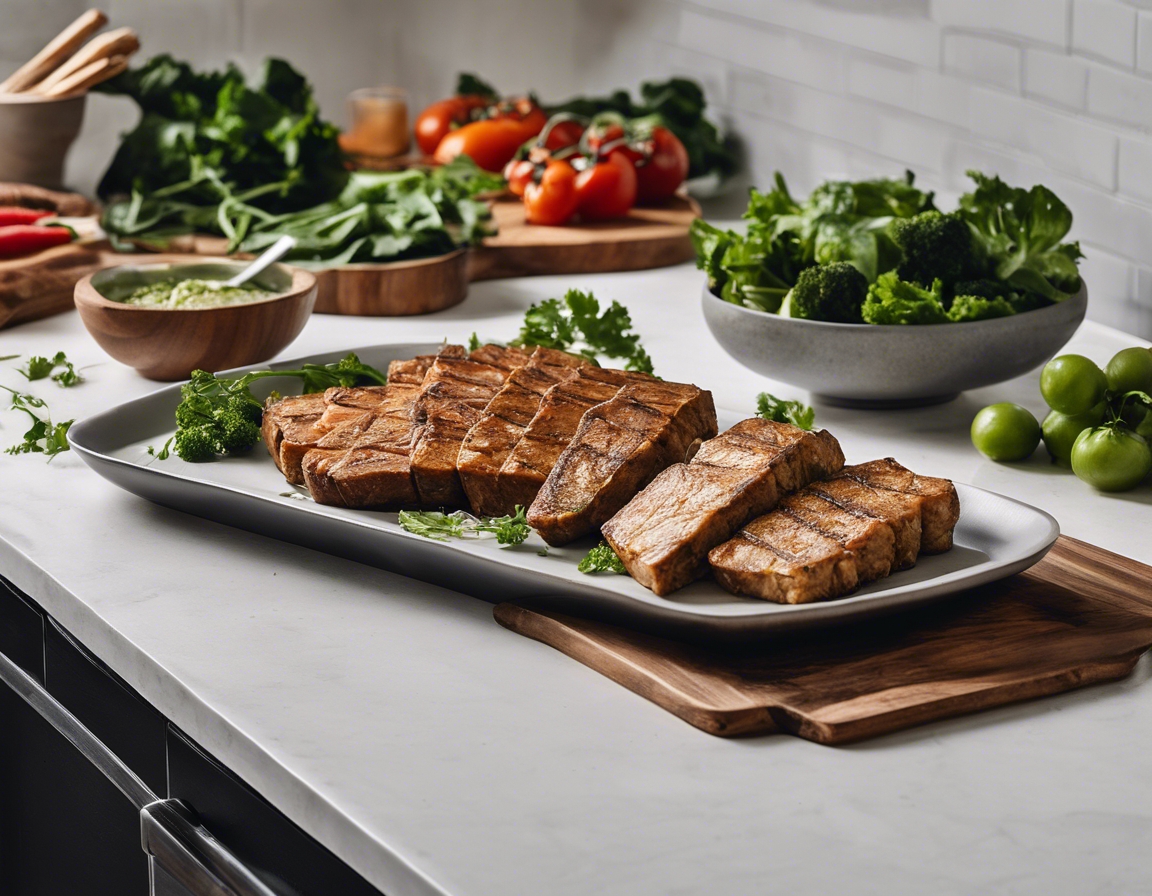Eco-friendly living: selecting sustainable homeware
Every day, our living spaces are filled with items that make our lives comfortable and convenient. However, the environmental footprint of these homeware items is often overlooked. From the materials they are made of to the processes used to create them, our homeware choices have a significant impact on the planet.
Embracing sustainability in our homes goes beyond reducing waste or conserving energy. It's about making conscious decisions that promote the well-being of our environment, our societies, and ourselves. Sustainable living is not just a trend; it's a commitment to a healthier and more responsible lifestyle.
Materials Matter: Choosing Eco-Friendly Homeware
Opting for homeware made from natural and renewable materials such as bamboo, cork, and organic cotton can significantly reduce the environmental impact. These materials are not only biodegradable but also often produced in a more eco-friendly manner.
Recycled and upcycled homeware are excellent choices for those looking to minimize waste. Items made from repurposed materials prevent additional resources from being consumed and reduce the overall waste sent to landfills.
Investing in durable homeware is key to sustainable living. Products that last longer mean fewer replacements and, consequently, less waste. It's essential to consider the lifespan of an item before making a purchase.
The Lifecycle of Sustainable Homeware
The production process and sourcing of materials play a crucial role in the sustainability of homeware. Ethical manufacturing practices and responsible sourcing are indicators of a brand's commitment to sustainability.
Choosing homeware that promotes energy efficiency, such as LED lighting or energy-saving appliances, can have a significant impact on reducing your carbon footprint.
Considering the end-of-life options for homeware is crucial. Look for items that can be easily recycled or that have take-back programs to ensure they don't end up in landfills.
Practical Tips for Selecting Sustainable Homeware
Before purchasing, it's important to research brands and look for certifications that guarantee the sustainability of their products. Certifications like Fair Trade, FSC, and Oeko-Tex can provide assurance of ethical production.
While sustainability is key, it's also important to select homeware that meets your functional needs and suits your aesthetic preferences. This ensures that you will cherish and use the items for a longer period, reducing the need for frequent replacements.
Adopting mindful shopping habits, such as buying less but better quality, can lead to more sustainable consumption. It's about making intentional choices that align with eco-friendly values.
Spotlight on Sustainable Homeware Categories
From bamboo cutting boards to recycled glassware, there are numerous sustainable options for kitchenware and dining that combine functionality with eco-consciousness.
Choosing bedding and textiles made from organic or recycled materials can enhance the comfort of your home while supporting sustainable practices.
Sustainable furniture and decor items, such as those made from reclaimed wood or recycled metal, not only add character to your home but also promote a circular economy.






Comments (0)